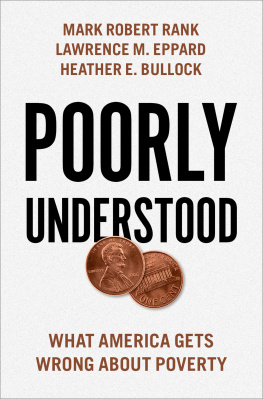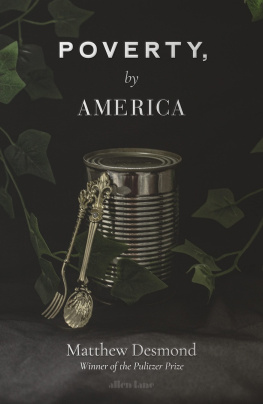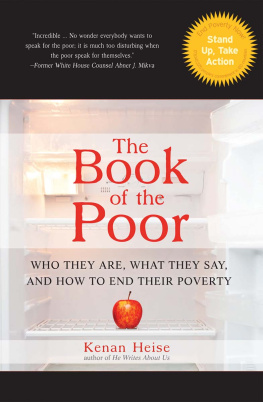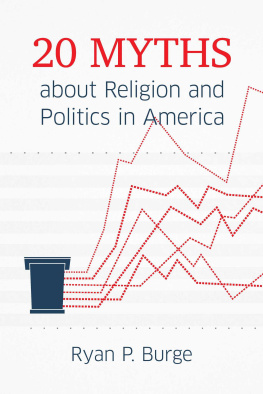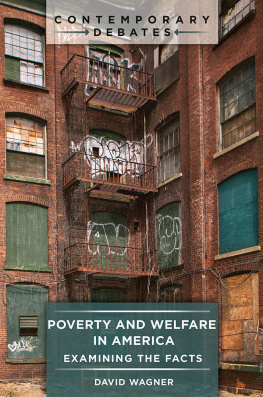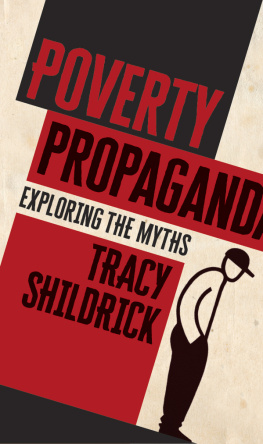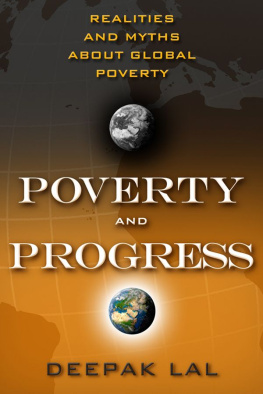Poorly Understood

Oxford University Press is a department of the University of Oxford. It furthers the Universitys objective of excellence in research, scholarship, and education by publishing worldwide. Oxford is a registered trade mark of Oxford University Press in the UK and certain other countries.
Published in the United States of America by Oxford University Press
198 Madison Avenue, New York, NY 10016, United States of America.
Oxford University Press 2021
All rights reserved. No part of this publication may be reproduced, stored in a retrieval system, or transmitted, in any form or by any means, without the prior permission in writing of Oxford University Press, or as expressly permitted by law, by license, or under terms agreed with the appropriate reproduction rights organization. Inquiries concerning reproduction outside the scope of the above should be sent to the Rights Department, Oxford University Press, at the address above.
You must not circulate this work in any other form and you must impose this same condition on any acquirer.
Library of Congress Cataloging-in-Publication Data
Names: Rank, Mark Robert, author. | Eppard, Lawrence M., author. |
Bullock, Heather E., author.
Title: Poorly understood : what America gets wrong about poverty /
by Mark Robert Rank, Lawrence M. Eppard, Heather E. Bullock.
Description: New York, NY : Oxford University Press, [2021] |
Includes bibliographical references and index.
Identifiers: LCCN 2020039392 (print) | LCCN 2020039393 (ebook) |
ISBN 9780190881382 (hardback) | ISBN 9780190881405 (epub) | ISBN 9780190881412
Subjects: LCSH: PoorUnited States. | PovertyUnited States. | Public welfareUnited
States. | United StatesSocial conditions | United StatesEconomic conditions.
Classification: LCC HV91.R364 2021 (print) | LCC HV91 (ebook) |
DDC 362.50973dc23
LC record available at https://lccn.loc.gov/2020039392
LC ebook record available at https://lccn.loc.gov/2020039393
DOI: 10.1093/oso/9780190881382.001.0001
One study shows that more than half of Americans will experience poverty at some point during their adult lives. Think about that. This is not an isolated situation. More than half of Americans at some point in their lives will experience poverty.
Former U.S. President Barack Obama, Remarks by the President on Economic Mobility, December 4, 2013.
{ Contents }
Few topics have as many myths, stereotypes, and misperceptions surrounding them as that of poverty in America. The poor have been badly misunderstood since the beginnings of the country, with the rhetoric intensifying in recent times. Our current era of fake news, alternative facts, and media partisanship has led to a breeding ground for all types of myths gaining traction and legitimacy. The time would appear right to set the record straight.
To our knowledge, Poorly Understood is the first book to systematically address and confront many of the most widespread myths pertaining to poverty. Throughout our careers, each of us has encountered these myths on a routine basis. They can be found virtually everywherefrom the political rhetoric emanating out of the highest office in the land to the neighborhood gossip down the street. It would seem as if everyone has a heated opinion about the poor, with the heat rising even higher when the topic of welfare is thrown into the mix.
Yet, as we shall see throughout these chapters, the realities of poverty are much different than the myths. In many ways, they are more disturbing. The idealized image of American society is one of abundant opportunities, with hard work being rewarded by economic prosperity. Consequently, those who fail to get ahead have only themselves to blame according to this argument. It is within this context that America thinks of itself as a fair and meritocratic society in which people get what they deserve in life.
But what if this picture is wrong? What if poverty is an experience that touches the majority of Americans? What if hard work does not necessarily lead to economic well-being? What if the reasons for poverty are largely beyond the control of individuals? Indicative of this is the epigraph quote from President Obama on the front page referring to our research results showing that a majority of Americans will at some point experience poverty.
These are much more disturbing realities to consider because they call into question the very core of Americas identity. And perhaps this is one reason that the myths continue. To consider the possibility that people do not get what they deserve is indeed disturbing.
It becomes particularly distressing within the context of the American dream. The American dream has been central to how we as a people like to perceive ourselves and our future. That future is thought to be full of promise as long as we work hard and play by the rules. The playing field is assumed to be level, allowing everyone to compete fairly.
Yet, as we will see, such beliefs can and do blind us to the realities of poverty. They may actually prevent us from addressing and alleviating poverty because they hold out the promise of a better life to come, thereby minimizing the need to correct for the problems of today. To paraphrase Karl Marx, the American dream may be the opiate of the American people. This, then, is one possible reason that the myths of poverty continue despite strong evidence to the contrary.
There may be other reasons as well. Could the maintenance of these myths actually be useful for particularly powerful constituencies? Does the continuation of these myths serve a purpose or function for other segments of the American population? If so, who and what might that be? We will explore these questions in greater detail in later chapters.
It should be noted that poverty and inequality are not acts of nature. Rather, they are strongly influenced by social policies and macroeconomic conditions. Some countries have low rates of poverty and less inequality as a result of their social and economic policies and programs. Other countries, such as the United States, have high rates of poverty and inequality largely as a result of their lack of a strong social safety net. In short, there is nothing inevitable about poverty.
And that is what makes the issue so troubling. The United States has the resources to significantly alleviate poverty. Yet, it chooses not to. As we shall see in later chapters, this approach is, to quote a familiar saying, penny wise and pound foolish. But once again, poverty myths prevent us from seeing clearly.
That is why we feel the importance of setting the record straight. It is vital to carefully assess the research with a clear mind in order to draw well-reasoned conclusions. We also wish to convey this information in an accessible and direct manner. Now more than ever, we should be firmly guided by grounded facts, not political rhetoric or biased perceptions pandering to particular interest groups. We believe that evidence-based arguments can ultimately dismantle the myths, although the process may be long and tenacious. Yet, as we shall argue in our concluding chapter, paradigm change can and does occur. In fact, we believe we may be on the cusp of such a change. Let us begin.
Organization of the Book
Before we started writing this book, we each sat down and compiled a list of the most common myths regarding poverty that we had encountered. Although there were quite a few, our tallies were remarkably similar. We quickly put together an overall list and began the task of marshaling the best available evidence with respect to the many aspects of poverty that we were addressing. The result is the book that appears before you now. For each of us, the content within this book is very much in our proverbial wheelhouse. It is a subject that we know quite well, and as such, we are eager to share with you this knowledge.

